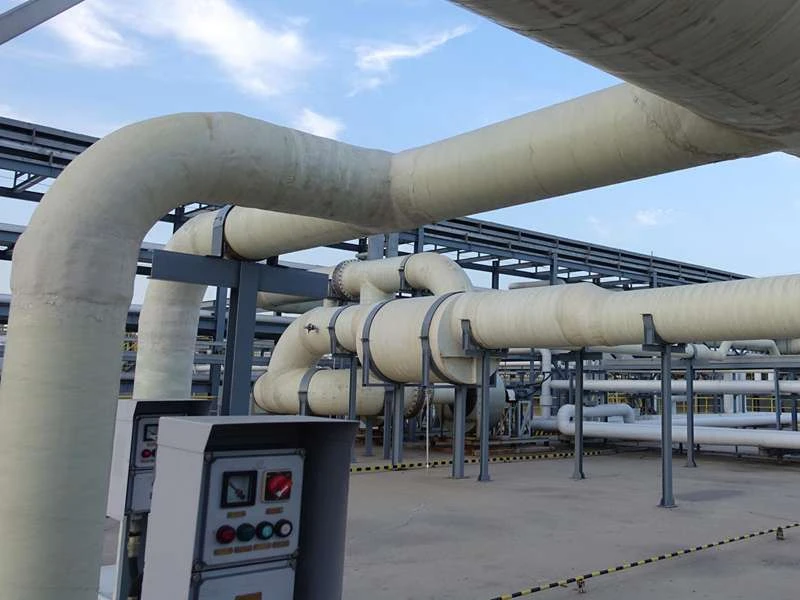
-
 Afrikaans
Afrikaans -
 Albanian
Albanian -
 Amharic
Amharic -
 Arabic
Arabic -
 Armenian
Armenian -
 Azerbaijani
Azerbaijani -
 Basque
Basque -
 Belarusian
Belarusian -
 Bengali
Bengali -
 Bosnian
Bosnian -
 Bulgarian
Bulgarian -
 Catalan
Catalan -
 Cebuano
Cebuano -
 China
China -
 China (Taiwan)
China (Taiwan) -
 Corsican
Corsican -
 Croatian
Croatian -
 Czech
Czech -
 Danish
Danish -
 Dutch
Dutch -
 English
English -
 Esperanto
Esperanto -
 Estonian
Estonian -
 Finnish
Finnish -
 French
French -
 Frisian
Frisian -
 Galician
Galician -
 Georgian
Georgian -
 German
German -
 Greek
Greek -
 Gujarati
Gujarati -
 Haitian Creole
Haitian Creole -
 hausa
hausa -
 hawaiian
hawaiian -
 Hebrew
Hebrew -
 Hindi
Hindi -
 Miao
Miao -
 Hungarian
Hungarian -
 Icelandic
Icelandic -
 igbo
igbo -
 Indonesian
Indonesian -
 irish
irish -
 Italian
Italian -
 Japanese
Japanese -
 Javanese
Javanese -
 Kannada
Kannada -
 kazakh
kazakh -
 Khmer
Khmer -
 Rwandese
Rwandese -
 Korean
Korean -
 Kurdish
Kurdish -
 Kyrgyz
Kyrgyz -
 Lao
Lao -
 Latin
Latin -
 Latvian
Latvian -
 Lithuanian
Lithuanian -
 Luxembourgish
Luxembourgish -
 Macedonian
Macedonian -
 Malgashi
Malgashi -
 Malay
Malay -
 Malayalam
Malayalam -
 Maltese
Maltese -
 Maori
Maori -
 Marathi
Marathi -
 Mongolian
Mongolian -
 Myanmar
Myanmar -
 Nepali
Nepali -
 Norwegian
Norwegian -
 Norwegian
Norwegian -
 Occitan
Occitan -
 Pashto
Pashto -
 Persian
Persian -
 Polish
Polish -
 Portuguese
Portuguese -
 Punjabi
Punjabi -
 Romanian
Romanian -
 Russian
Russian -
 Samoan
Samoan -
 Scottish Gaelic
Scottish Gaelic -
 Serbian
Serbian -
 Sesotho
Sesotho -
 Shona
Shona -
 Sindhi
Sindhi -
 Sinhala
Sinhala -
 Slovak
Slovak -
 Slovenian
Slovenian -
 Somali
Somali -
 Spanish
Spanish -
 Sundanese
Sundanese -
 Swahili
Swahili -
 Swedish
Swedish -
 Tagalog
Tagalog -
 Tajik
Tajik -
 Tamil
Tamil -
 Tatar
Tatar -
 Telugu
Telugu -
 Thai
Thai -
 Turkish
Turkish -
 Turkmen
Turkmen -
 Ukrainian
Ukrainian -
 Urdu
Urdu -
 Uighur
Uighur -
 Uzbek
Uzbek -
 Vietnamese
Vietnamese -
 Welsh
Welsh -
 Bantu
Bantu -
 Yiddish
Yiddish -
 Yoruba
Yoruba -
 Zulu
Zulu
rectangular fiberglass tanks
Exploring Rectangular Fiberglass Tanks Versatile Solutions for Storage Needs
Rectangular fiberglass tanks have emerged as a popular choice for various industrial, agricultural, and commercial applications due to their strength, durability, and versatility. These tanks, made from reinforced fiberglass, offer several advantages over traditional materials like steel or plastic, making them ideal for storing liquids and other substances in a range of environments.
One of the primary benefits of rectangular fiberglass tanks is their lightweight nature. Despite being incredibly sturdy, fiberglass is substantially lighter than metal tanks, facilitating easier transportation and installation. This characteristic is particularly advantageous for businesses that require frequent relocation of their storage solutions or those working in remote locations where heavy equipment is not easily accessible.
The rectangular shape of these tanks provides another significant advantage. Unlike cylindrical tanks, rectangular tanks can be designed to fit into tighter spaces, making them perfect for facilities where space is at a premium. Their adaptability allows for stacking and arranging in various configurations to maximize storage efficiency. Whether used for water, chemicals, or agricultural products, their footprint can be optimized to meet specific site requirements.
Moreover, the corrosion resistance of fiberglass tanks is a standout feature. Many industries, especially those dealing with corrosive materials, face significant challenges when it comes to the longevity of storage containers. Fiberglass does not rust or degrade from chemical exposure, ensuring that the integrity of the tank is maintained over time. This durability reduces maintenance costs and the frequency of replacement, ultimately leading to substantial savings for businesses.
rectangular fiberglass tanks

In terms of design, rectangular fiberglass tanks can be customized to meet specific needs. They can be manufactured in various sizes and configurations, allowing for tailored solutions for different applications. Additional features such as manholes, outlets, and floating covers can be incorporated into the design, enhancing their functionality. These customization options make rectangular fiberglass tanks suitable for diverse uses, from agricultural storage to wastewater treatment facilities.
Environmental considerations have also spurred the adoption of fiberglass tanks. Many fiberglass manufacturers have implemented sustainable practices in their production processes. This means that not only are the tanks built to last, but they are also created in a manner that minimizes environmental impact. The inert nature of fiberglass also means that it does not leach harmful substances into stored liquids, making it a safer choice for both users and the environment.
When choosing a storage solution, it is essential to consider factors such as cost, purpose, and environmental impact. Rectangular fiberglass tanks excel in all these areas, presenting an appealing option for many industries. Their lightweight construction, space efficiency, corrosion resistance, and customization capabilities make them an invaluable asset for companies looking to optimize their storage solutions.
In conclusion, rectangular fiberglass tanks offer numerous advantages that make them a preferred choice for storing various types of liquids and materials. Their lightweight, durable, and corrosion-resistant properties, combined with the ability to customize designs, ensure these tanks meet the diverse needs of modern industries. As businesses continue to seek efficient and sustainable storage solutions, the popularity of rectangular fiberglass tanks is likely to grow, cementing their role in the future of industrial storage.
Latest news
-
Exploring the Benefits of Top Hammer Drifter Rods for Enhanced Drilling PerformanceNewsJun.10,2025
-
High-Precision Fiberglass Winding Machine for GRP/FRP Pipe Production – Reliable & Efficient SolutionsNewsJun.10,2025
-
FRP Pipes & Fittings for Shipbuilding - Corrosion-Resistant & LightweightNewsJun.09,2025
-
Premium FRP Flooring Solutions Durable & Slip-ResistantNewsJun.09,2025
-
Premium Fiberglass Rectangular Tanks Durable & Lightweight SolutionNewsJun.09,2025
-
Tapered Drill String Design Guide Durable Performance & UsesNewsJun.09,2025









